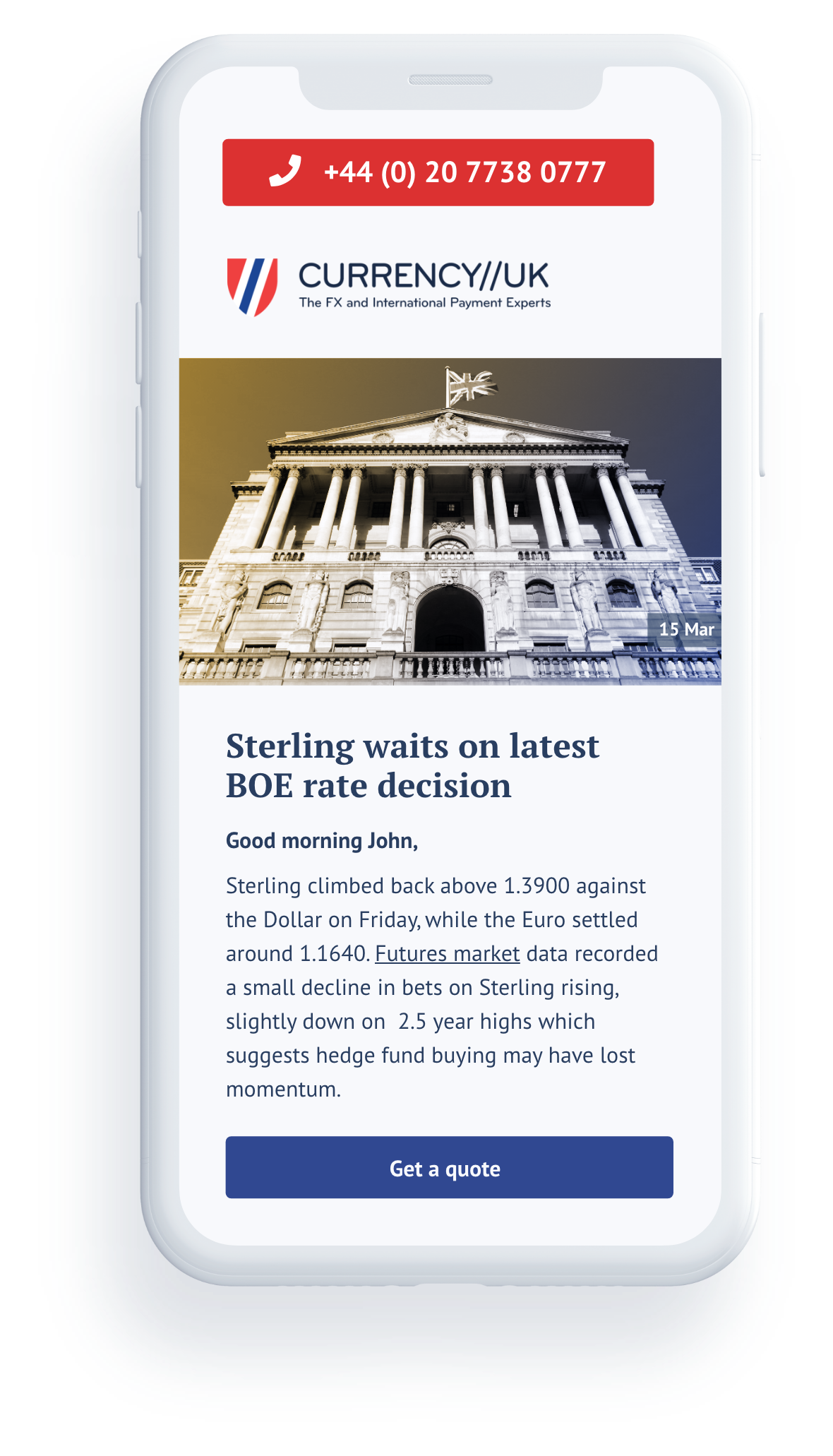The cost of international payments

Foreign exchange plays a key role for many businesses whether this is for buying raw materials, selling overseas, or seeking foreign investment. While factoring in foreign exchange won’t be new to businesses, other ‘hidden’ costs and pitfalls associated with international payments might come as a surprise.
People are sometimes distracted by conversations about the exchange rate meaning other costs involved in international payments may be missed or not factored in. There are many costs to be aware of, some of which are often not visible to businesses in a reportable way.
Outbound payments
When it comes to making outbound international payments there are ‘hidden’ costs which are mainly charges from your bank at different phases of the international payments process. These payments are usually minimal and appear collectively on monthly or quarterly invoices, meaning the cost of one international payment isn’t always clear.
There are costs that are more familiar such as the cost of making an international payment which banks can charge anything from £30 to £50 to make, on top of the money they make through the exchange rate you are given.
There are also potential intermediary and receiving charges which again may be difficult to track and appear as frequent debits on your account. A business may even find themselves paying the bank for access to systems or even for showing bank charges on your statement.
Thankfully some of these payments are often only 2 or 3 pence per time, which for a business making 6 figure payments may seem minuscule. However, if you’re paying a few pence to see a debit on your statement and you’re making a payroll of 2000 payments every month, it soon adds up.
Inbound payments
For businesses receiving international payments, banks will always charge for receiving funds. Sometimes these costs can be debited from the amount received and sometimes they can fall into bank charge invoices.
If these funds are debited from the amount received, while this makes them more visible, it causes reporting difficulties, as an invoice for $1000 may result in receiving around $980 due to the reduction of fees.
You’ve also then got the added management of different international currency accounts to make sure that you’re not losing out on the exchange rate difference. If you receive Dollars for example into a USD account there will be a receiving charge but this will be fairly minimal. If you receive foreign currency into a non-matching bank account however, the bank is likely to charge you between 4% and 6% to convert those funds, as a result a mistake when giving a supplier the business’s bank details can be extremely costly.
The important thing for businesses to do is to recognise these bank charges and look into them further to be able to understand what they are actually paying for their international payments and see where savings can be made.

When it comes to bank charges for international payments it is important to be aware of what you are actually paying over the course of a year and how this factors into budgeting and risk mitigation. There are ways to overcome these payments by using products and services that provide the detail and cover you need to avoid unnecessary charges and make international payments easier to account for.
The time cost of international payments
Currency UK deals with thousands of businesses making international payments and we often see that the main impact is not only the bank charges but the time resource cost. The facilitation and management of a business’s international payments is often complicated and takes up hundreds or even thousands of hours each year.
This includes tasks such as preparing and processing international bank details, putting those details into systems, validating that the format of those details is correct and managing related foreign exchange.
There are also potentially additional bank charges should there be any issues with payment details or if payments are returned and need to be reprocessed. Therefore the importance of double and triple-checking details is high in order to avoid extra charges, but this comes at the cost of additional time needed by the team.
Reconciliation of payments is also an area where businesses often find themselves allocating a lot of resources, as most businesses will operate their international invoicing from their accounts system. Therefore, if they rely on their bank to do the FX, they will receive lots of different amounts debiting their account in Sterling and it won’t always be clear which international payment these match up with, hence the significant time spent reconciling.

Due to the time burden of international payments is it common for businesses to have a separate team to manage this from those overseeing the main domestic payment processing. Currency UK can act as an extension of this team or be an all-in-one solution when it comes to international payments and foreign exchange.
There is a difficult balance for businesses to find between processing international payments quickly and ensuring there are no mistakes, as any delays in payments to suppliers could have a knock-on effect on the supply chain, causing significant costs and damaging business relationships.
By utilising payments experts like Currency UK who have the tools to reduce both the time and financial cost, you can dramatically streamline your international payments process.
| CUK Product | Problems Solved | Solution |
| Outbound payment | Reprocessing charges | Payment expertise and system to ensure accuracy before a payment is made
No additional charge should a payment need to be reprocessed |
| Inbound payment | Receiving international payment charge | The foreign exchange taken care of to ensure no unnecessary charges for receiving payment in a different currency |
| Mass payments | Processing & inputting details
Validating & checking details Payment reconciliation Supply chain disruptions Handling returning payments |
Mass payments solution to automate payment processes whether sending to or receiving from multiple parties |
| Payment APIs | System & statement charges | Real-time reporting through our online system |
In terms of how it works, Currency UK can review your setup and give you guidance on how best to apply our specialist products and services, whether this is by managing all your international payments or acting as an extension of your existing team.
If you have any questions about bank charges, our international payments products, or are simply interested in getting a quote for an exchange rate, feel free to give us a call on +44 (0)20 7738 0777, or use the chat function on our website.

